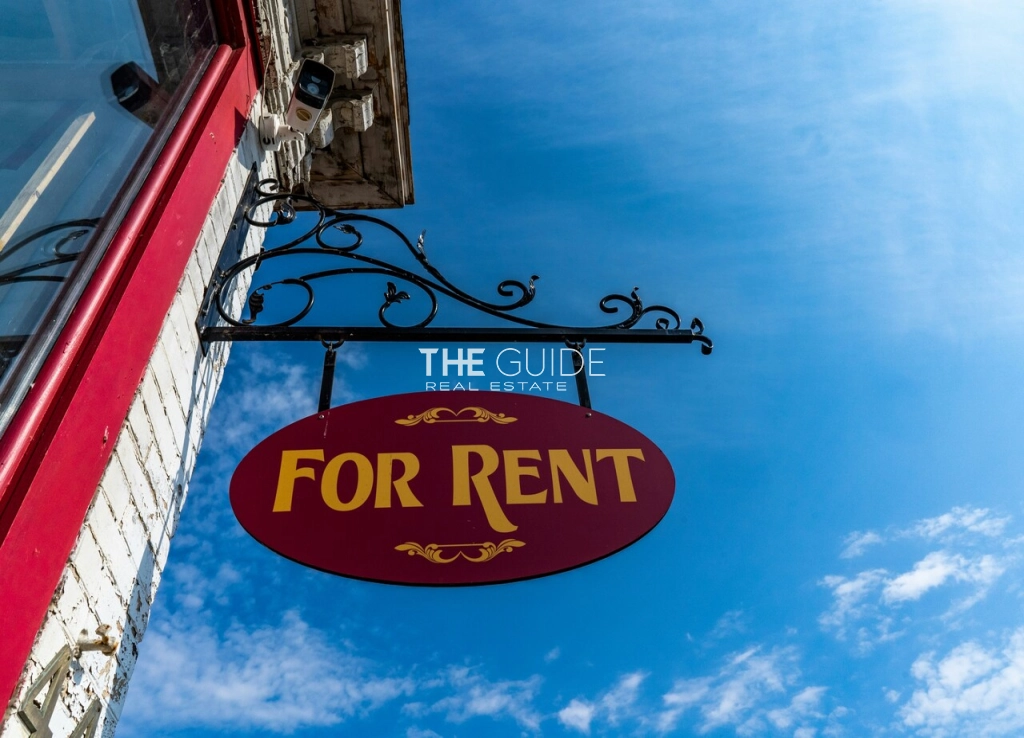How To Rent Your Investment Property in Istanbul Turkey

Upon acquiring an investment property in Turkey, you gain the prerogative to rent it out, offering three distinct rental options each governed by specific regulations and procedures:
Commercial Purpose: Catering to businesses seeking long-term
lease arrangements.
Long-Term Residence: Tailored for individuals or families seeking
extended stays, typically spanning months or years.
Short-Term Rentals: Ideal for tourists or transient visitors, offering flexible rental periods ranging from days to weeks.
For seamless management, particularly if residing outside Turkey, we recommend enlisting the services of a proficient property manager to handle any arising issues. Additionally, engaging a seasoned real estate agent can streamline the contract signing and negotiation phase, ensuring a smooth and favorable transaction experience.
1. Renting for
Commercial purposes in Turkey
As the landlord, it's imperative to note that taxes are applicable on income generated from property used for accommodation purposes. In instances where the property is rented out for business activities, the tenant assumes the responsibility for paying Stoppage Tax (Stopaj Vergisi).
Annual taxes for the preceding calendar year are settled at the nearest tax office by landlords. These taxes are divided into two equal installments, with the first payment due between March 1st and 25th, and the second installment in July.
2. Long Term renting
in Turkey
Renting property in Turkey for the long term is a straightforward process. Typically, long-term renting entails a minimum duration of one month and necessitates a legally binding contract. Prior to tenancy, tenants often request minor repairs and a fresh coat of paint, with the expectation that they return the property in the same condition upon departure.
It's common for white goods and lighting fixtures not to be included in rental agreements. Larger maintenance expenses are typically deducted from the rent, while tenants are responsible for covering monthly building or site fees (Aidat).
Clear communication is essential, ensuring that expectations are mutually understood throughout the contract period. It's customary to provide a deposit equivalent to one month's rent. Should you engage a real estate agent, the tenant typically bears the cost of a finder's fee, typically equivalent to one month's rent or 12% of the annual rental cost.
Annual rental
adjustments are determined by the Consumer Price Index (TUFE) each year.
Regarding contract termination, a standard notice period of two months is customary. In the event of property sale, tenants are granted six months by law, under the new owner, to vacate the premises if the contract is notarized, or until the end of the lease if registered under the title deed registry office.
3. Short Term
renting in Turkey
Renting Turkish real
estate short-term involves a more intricate process compared to long-term
arrangements. Income generated from short-term rentals is subject to commercial
income tax, necessitating the establishment of a tax account, enlistment of an accountant,
and diligent maintenance of financial records.
To embark on
short-term rentals, you must register both yourself and your property with the
local authority and secure a trading license. Additionally, compliance with the
GIYKIMBIL system is mandatory, facilitating the registration of guests with the
police or gendarme.
Similar to annual
rental income tax, income tax for the preceding year is payable, accompanied by
an 20% VAT on each rental transaction. For instance, if a seasonal residence is
rented out to various occupants on a weekly basis, separate tax returns are
required for each rental period, akin to a hotel taxation system. Monthly tax
declarations are standard, akin to those of any commercial entity.
As a property owner,
you're obligated to open an account with the Ministry of Finance and submit
regular declarations throughout the year. Issuing invoices and receipts, along
with submitting monthly, quarterly, and annual returns, are essential components
of compliance. Numerous reputable real estate agents offer management services in Turkey, alleviating the administrative burden for property owners.
Tax rates vary, with incentives such as discounted utility services and write-offs for repairs available. For rental properties with a net income ranging from 0 to 13,000 TL, Turkish income tax is set at 15%, escalating to 25% for incomes between 13,001 and 30,000 TL. It's crucial to retain all relevant documents and receipts for a period of five years. Tenants are typically required to make rental payments directly into the landlord's bank account.
If you buy property in
Turkey, not only will it be a good investment but you also have the opportunity
to have a very lucrative rental property.
Related Articles
Latest Articles
Rate This Article
Recomended Properties
Astonishing Golden Horn Views Apartment for Sale
Nestled advantageously in the Eyup area, Rams Halic presents an authentic Istanbul experience along the iconic Golden...
New Financial City Apartments for Sale in
Discover Sinpas Finans Sehir, a prestigious project meticulously crafted for those who seek a private sanctuary to...
Luxury Homes for Sale in Istanbul Maslak
Hunting for a home that offers marvelous natural views while letting you stay in the heart of...
Luxurious Prime Located Turkey Properties Seba Central
Seba Central extends a contemporary opportunity for discerning buyers, harmonizing refined living quarters with a productive workspace,...
Luxury Homes for Sale in Istanbul Dap
Dap Yeni Levent presents a peaceful life in the financial hub of Istanbul. With its lush green...
Orman Istanbul Turkish citizenship apartments for sale
Orman Istanbul is a pristine and luxurious project in a beautiful district undergoing urban regeneration. Its features...





